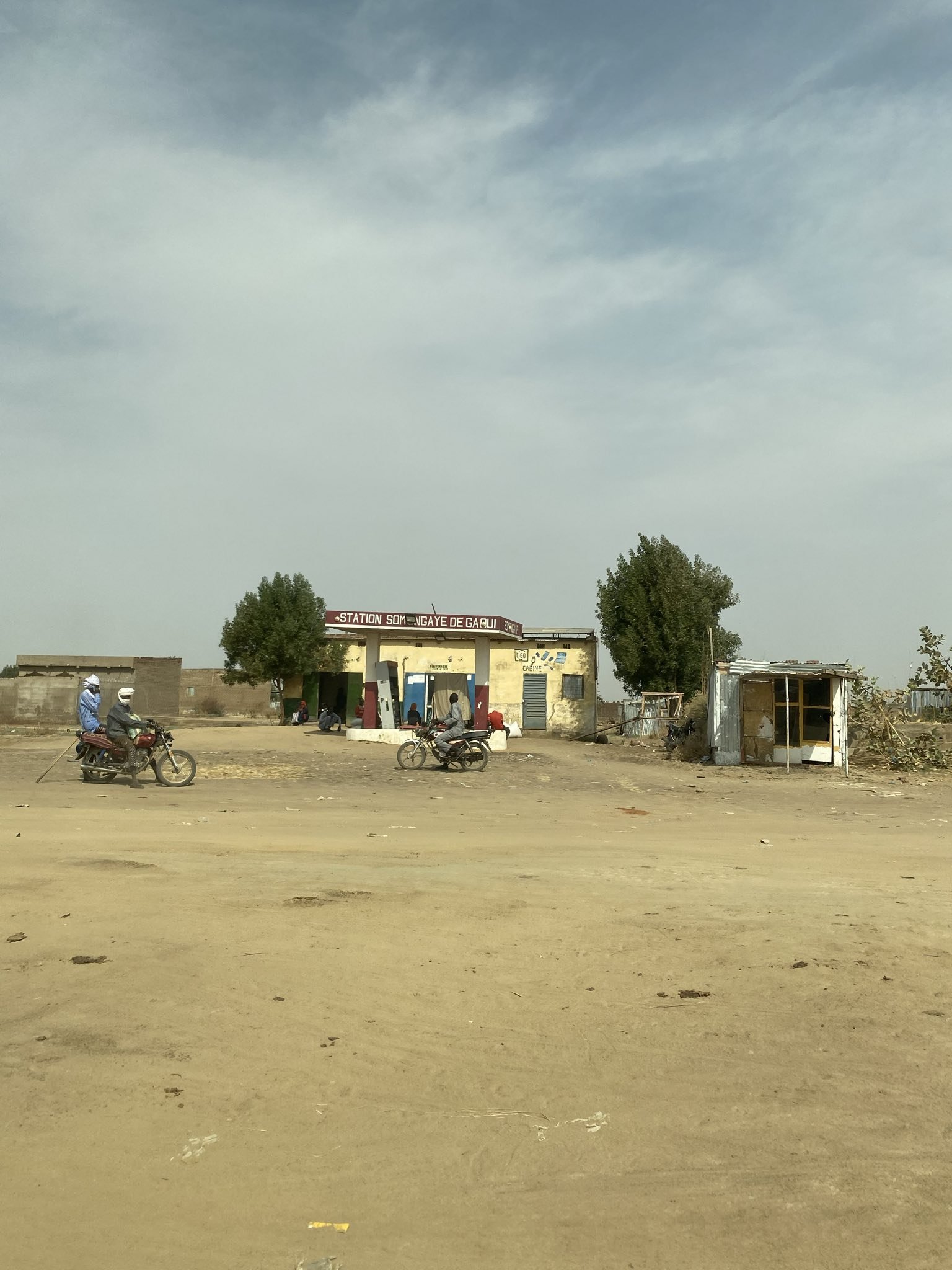The View from Afar: Mareike’s reflections
We at PAPER LANTERN COLLECTIVE are saddened to hear about the passing of John Fox. A pioneer and legend of community arts, and whose work, alongside Sue Gill and WELFARE STATE INTERNATIONAL was, is, and always will be inspirational to us. We would simply not be here without John and Sue’s work.
Our thoughts are with the Fox family. We trust that now there are new fire shows, celebrations, ceremonies, poems, and wild inventions happening somewhere in the stars…
— PAPER LANTERN COLLECTIVE
Whilst Marleen and Matt run around Chemnitz, PAPER LANTERN Co-Founder & Director Mareike works remotely from Chad, leading on our development, programme, and loads more brings a different perspective. As Mareike travels to Chemnitz for this week, we thought it would be good to get a report on the view from afar.
N’Djamena, TD - driving round the city
Mareike - Where do I start with sharing my reflections from afar? Reporting from a place that most people cannot locate on a map - although it is the home of our oldest known ancestor, Toumai - is tricky if you don’t want to create wrong impressions or reinforce colonial stereotypes (also try googling “Chad” and you’ll most likely find several American men before learning anything about this central African country). So just a note of caution that these are my personal, very subjective reflections.
My work often feels surreal: driving along dusty roads in the hot afternoon sun, negotiating with the Monsieur, almost still a boy, who sells internet credit and then suddenly being on a call with Matt and Marleen trying to figure out how we can buy a samba kit in Chemnitz. I am quite certain that there doesn’t exist a single complete samba kit in Chad.
Working for PLC while being in N’Djamena puts a lot of things into perspective. Exchanging with cultural actors here, there seems to be nothing but socially engaged art. My analysis: When there is nothing to eat, it doesn’t make sense to make art that isn’t aimed at change. You dance to get off the streets. You write slam to express what otherwise cannot be said. Without a formalized cultural sector - there currently is no legal status for artists let alone a creative industry - most artists make art because they believe in its impact. Deciding to become an artist most often means a precarious financial situation, adapting to a lower social status and as a consequence, in many cases, estrangement from one’s family. Against this background it seems funny to explain to arts funders in Germany why music is a vector for change.
The lack of a formal cultural sector in Chad means that there are no high arts institutions – there doesn’t exist a single theatre stage in the country and until recently the only stage with a professional lighting and sound system was the Institut Francais. Instead, public spaces become the stage – youth centers, restaurants, or simply the street. As a consequence, most cultural activities carry characteristics of community arts: they take place where the people are and most of the time anyone is welcome to join – whether it’s for a dance competition, a forum theatre performance or for figuring out how to restart the generator. While at PLC we spend a lot of time thinking about how to explain community music, it seems like here, for the most part, community is an inherent part of artistic production. There is a lot that Chemnitz can learn from N’Djamena.
Operating in these two worlds at the same time is often challenging. It requires accepting that different realities with their specific challenges can exist at the same time and are equally valid. In spite of having to process these complexities, being part of both of these worlds is nonetheless incredibly enriching. While the circumstances could not be more different, there exists a shared believe in art as human right and the need for creative expression – and most of all joy.
N’Djamena, TD - Recent theatre production
- Mareike in N'Djamena, TD

